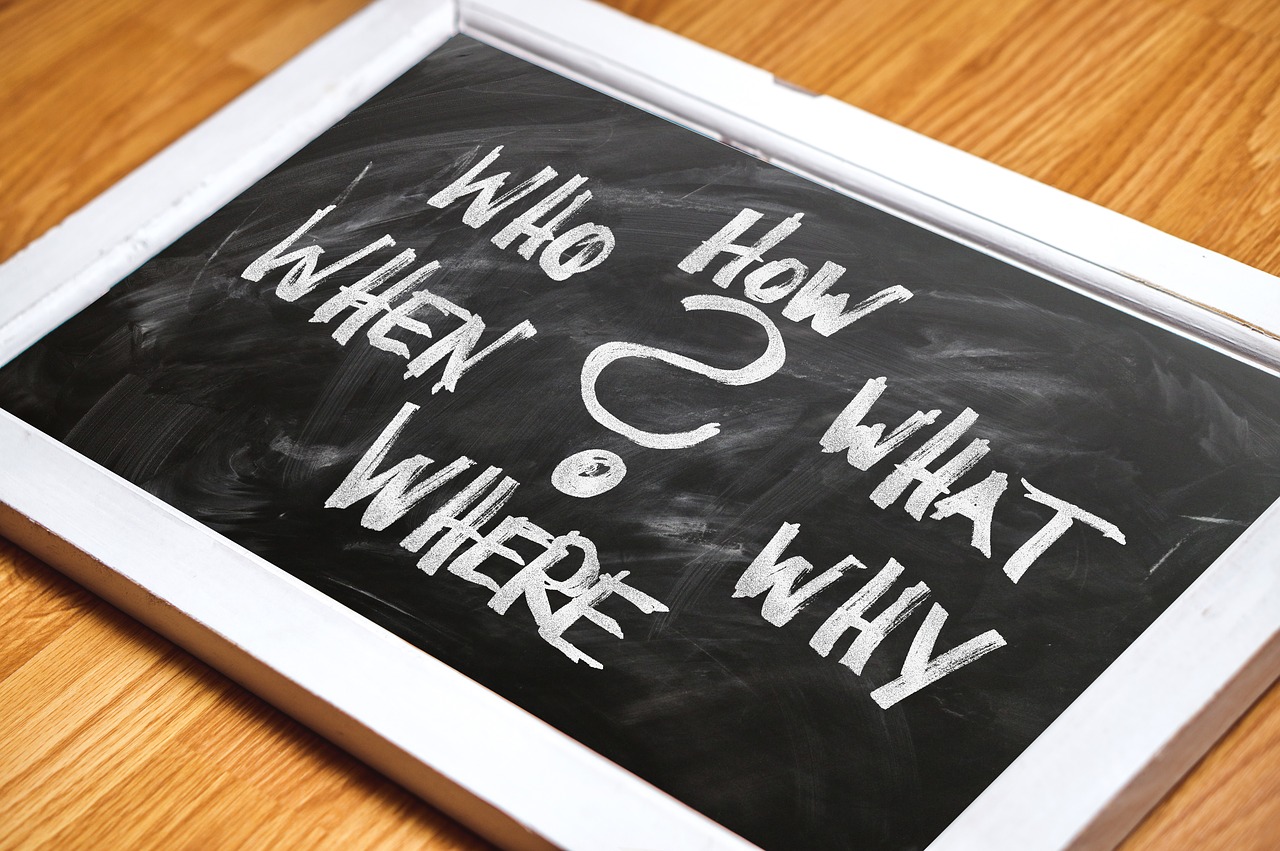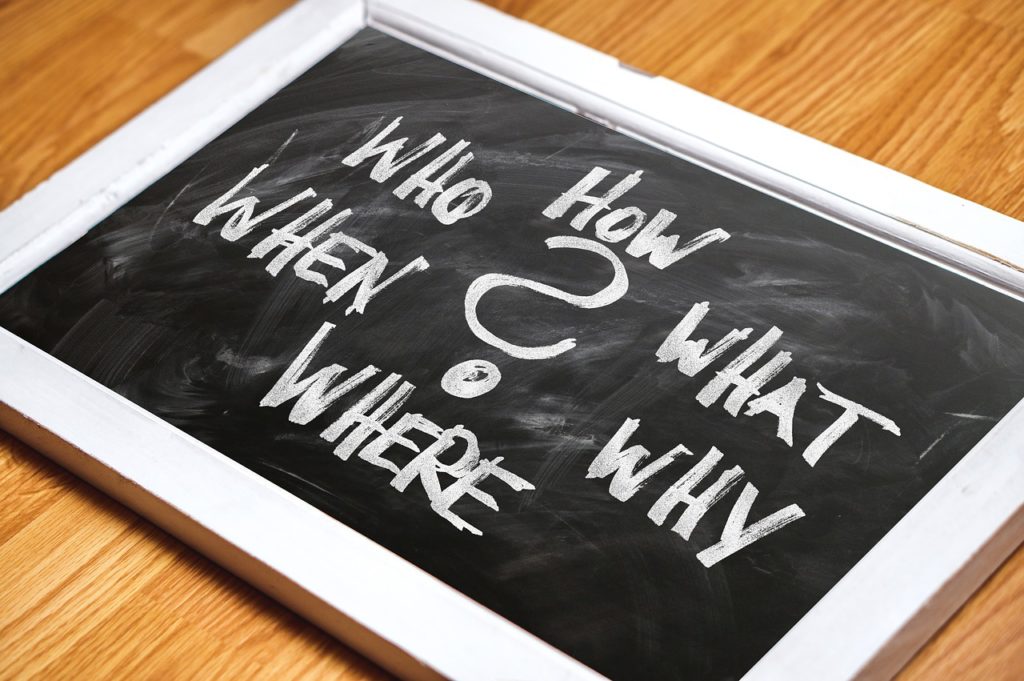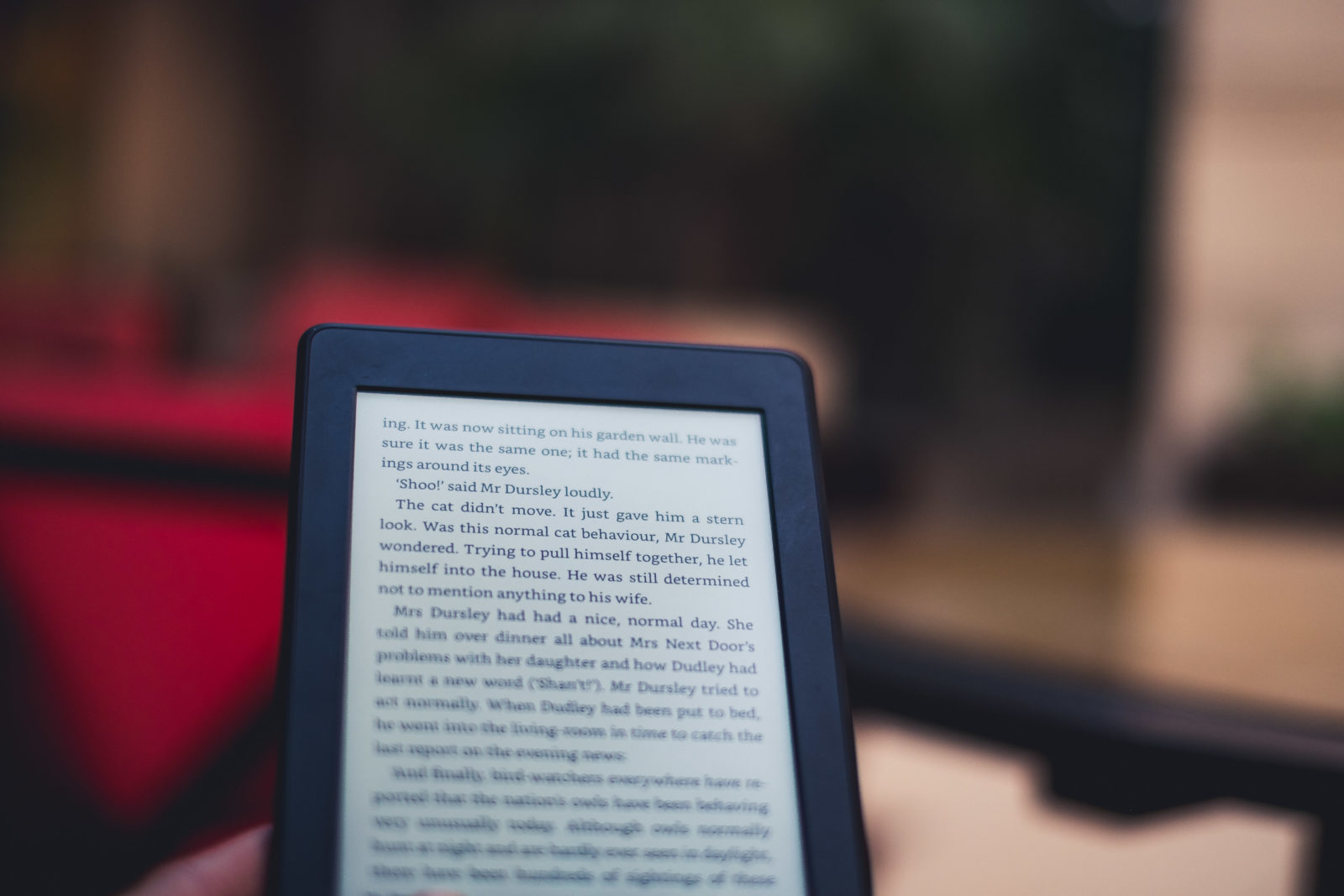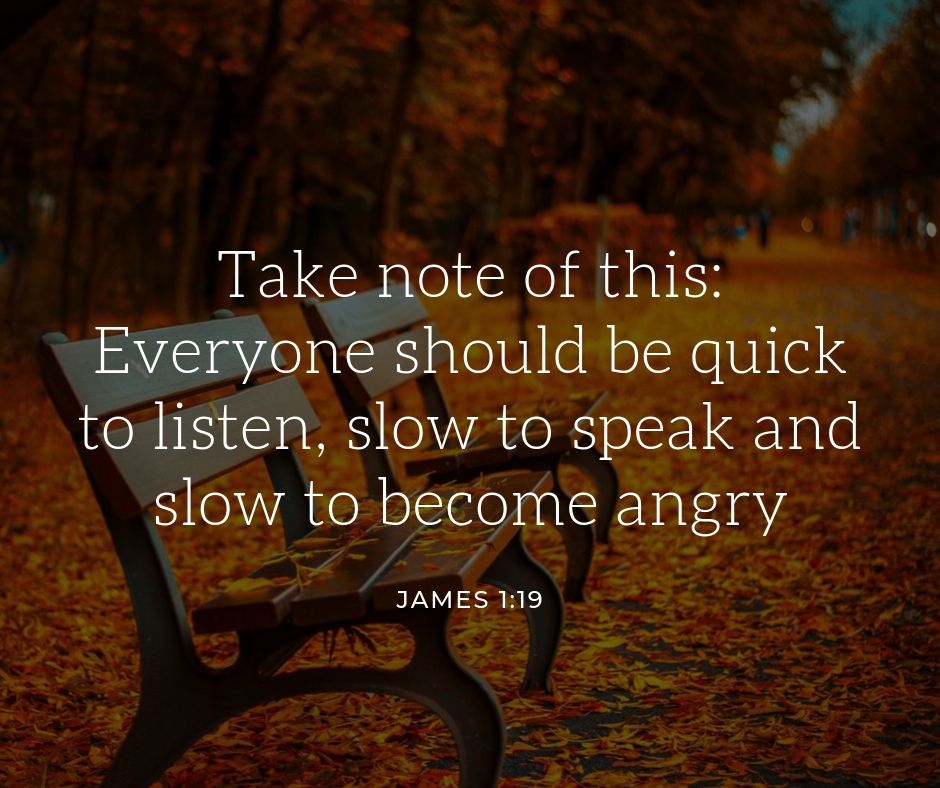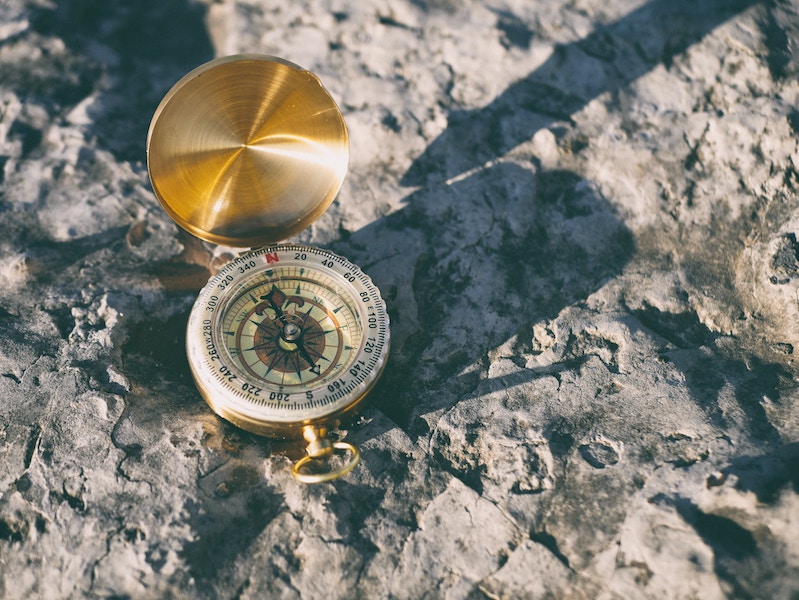If you grew up in church or have spent any length of time there, you’ve heard about reading your Bible. A lot.
“It’s important,” they say.
“Everyone needs to do it,” they say.
And they’re right. It is important. It’s absolutely vital for faith and spiritual growth. It’s a pretty big deal.
So it’s a good thing pastors and teachers talk about it. It is. It’s just that … well … how they talk about it isn’t always that helpful.
Two Problems
Sometimes, reading your Bible just gets lost in the vocabulary. We call it “doing our devotions” or “having our quiet time” or spending “Time Alone With God.” It’s got all kinds of acronyms and capital letters and catch phrases. But, to be honest, very few of those things are particularly helpful when you’re actually sitting down with your Bible to read it.
They’re helpful for talking about doing it. They’re helpful for creating a clique-y secret language only other church people understand. But for actually reading the Bible? The phrases just don’t tell us much.
Second, all the talk about reading the Bible can end up focusing on details instead of the big picture.
When talking about reading the Bible, we spend an awful lot of time on the details of what time of day to do it, where to do it, what books or translations to use (or not use). We think all of those “how” kind of questions will help, but again, when we’re actually sitting down with the Bible open in front of us, they really aren’t.
They help us prepare to do it. They give us some helpful conditions or boundaries for reading the Bible well. But what we’re supposed to do with the actual words of Scripture … again, not so much.
The Big Flaw
Then there’s the biggest problem: GUILT.
So much of the church talk about reading our Bibles is about what we should call it, what it should look like, why we should do it, and on and on and on. And frankly, should becomes a very bad word.
I don’t do it, but I know I should read the Bible. I like to do it this way, but I guess I should do it the way the pastor says. I don’t have much interest in it, but I know I should want to. All the church voices repeat that word, and when we find that it’s hard to do or that the desire isn’t there or we get flooded with the crazy realities of life and we don’t read our Bibles for a day, or week, or month, or longer … then we feel guilty.
We have to be very clear about this. Our approach to reading the Bible, and getting other people to do it too, adds up to so much GUILT. And guilt is never, ever, ever God’s way. Never.
God doesn’t do guilt. Guilt indicates the presence of legalism and checklists. Guilt indicates that we’re trying to earn something (and feeling like we’re failing to earn it). Guilt is not how the Holy Spirit interacts with us. Conviction–absolutely–but making us feel guilty for something. Nope. Not God’s way.
So whenever we’re finding ourselves approaching reading our Bible from a guilt-perspective, we have to check ourselves. That’s not why God wants us to read our Bibles. (He does, of course, want us to do so, but not to avoid guilt.) And it can no longer be the primary method we use on each other either.
Reading Your Bible
I believe that reading your Bible is important. That wanting to do it is important. That making time for it is important.
But reading your Bible is not an item on some heavenly checklist. It doesn’t please God more for you to do it, and not doing it doesn’t lower you in God’s eyes. We put such pressure on this one act, on ourselves as we do (or don’t do) this one act. But that pressure–and the resulting guilt–are not what God has in mind.
So let your shoulders relax. Take a deep breath. Put down the checklists.
For now, let’s just be grateful that reading our Bible isn’t really the crazy form of punishment it can kind of come off sounding like when church people talk about it. And in the next post, we’ll talk about what reading your Bible actually is supposed to be.
See you then!
